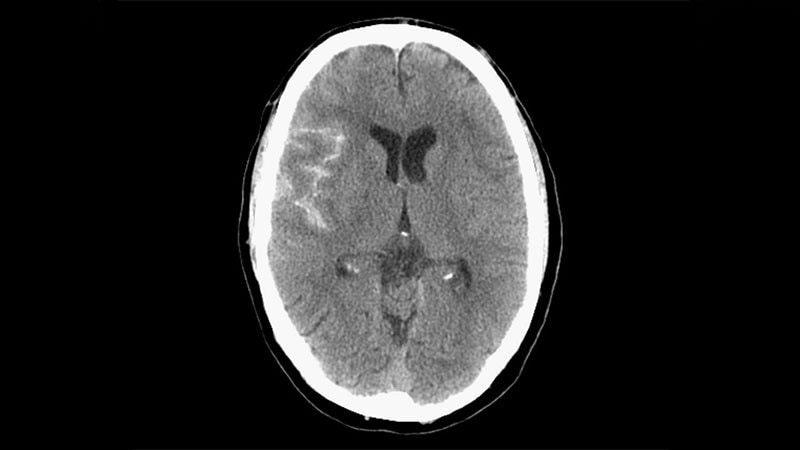Disappointing Topline Results for Clazosentan in Aneurysmal SAH
Clazosentan failed to meet the primary endpoint of preventing clinical deterioration as a result of delayed cerebral ischemia (DCI) in patients with aneurysmal subarachnoid hemorrhage (aSAH), according to topline results from the phase 3 REACT trial.
Clazosentan is a fast-acting endothelin A (ETA) receptor antagonist being developed by Idorsia Pharmaceuticals as a continuous intravenous infusion for the prevention of clinical deterioration as a result of DCI in patients following aSAH.
In a statement announcing the topline results, Idorsia CEO Jean-Paul Clozel, MD, said today he is “very disappointed with the negative result of REACT.”
The company said it will “fully analyze the efficacy and safety data to understand this unexpected result.”
The REACT trial was a multicenter, double-blind, randomized, placebo-controlled, parallel-group, phase 3 study conducted at 74 sites in 15 countries across North America and Europe.
The study assessed whether clazosentan added to routine medical care reduces the risk of developing complications related to cerebral vasospasm and permanent brain damage as compared to routine medical care alone.
The trial enrolled 409 patients aged 18-70 years with aSAH and World Federation of Neurological Societies grades 1-4 after recovery from either microsurgical clipping or endovascular coiling aneurysm securing procedures and “thick and diffuse clots” on the admission CT scan.
Patients were randomly allocated (1:1) to clazosentan or matching placebo administered as a continuous intravenous infusion at a dose of 15 mg/hour for up to 14 days.
The company said it will publish the REACT data and interpretation in the scientific literature “in due course.”
Clazosentan is approved in Japan for the prevention of cerebral vasospasm, vasospasm-related cerebral infarction, and cerebral ischemic symptoms after aSAH.
The drug is not approved in the US but was granted orphan drug designation in February 2006.
As previously reported by Medscape Medical News, in the CONSCIOUS-3 study, clazosentan reduced the risk for vasospasm after aSAH but did not improve functional outcomes.
For more from theheart.org | Medscape Cardiology, join us on Twitter and Facebook
Source: Read Full Article
